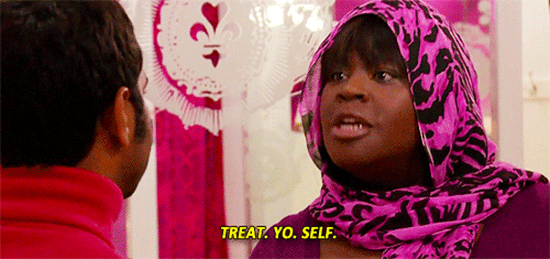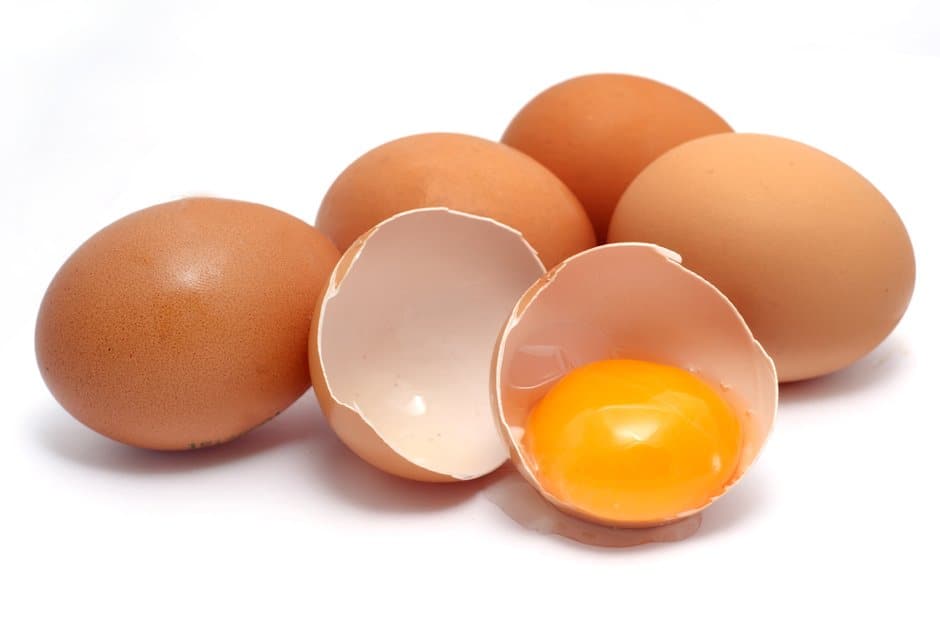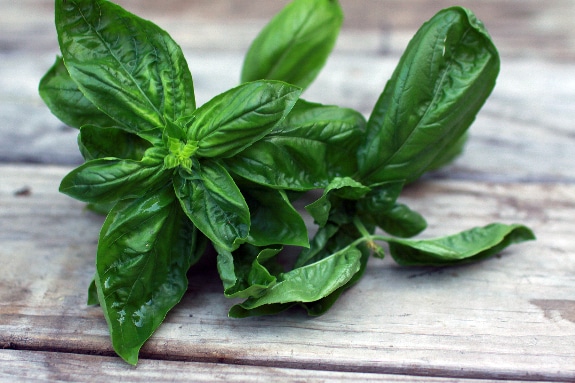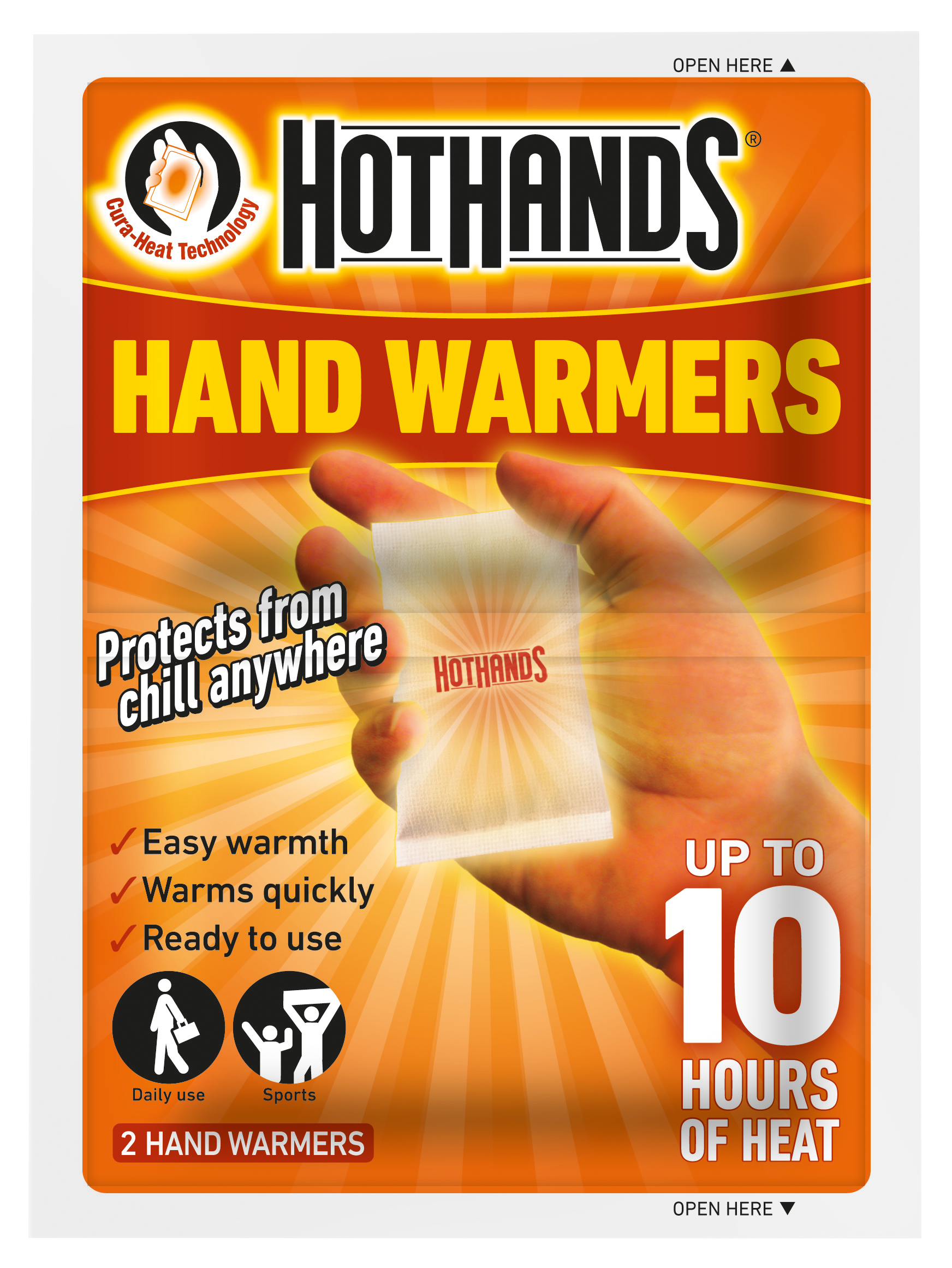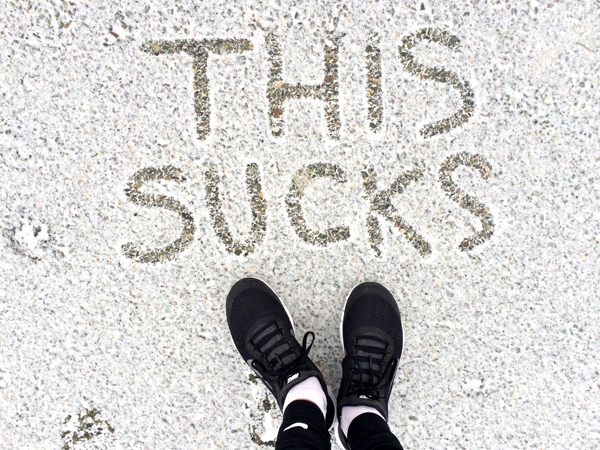
Ew! Here’s why you should NEVER lend your earphones to anyone else
Most of us would think nothing of sharing our earphones with a mate or work colleague, but it looks like we may need to re-think that one after a professor of Environmental Health offered some toe-curling insights into the practice.
Speaking to BuzzFeed, Kelly Reynolds of the University of Arizona, reminded us just how many gross things lurk within our ears – something we tend to block out when passing our earphones to the person next to us, right?
Explaining the function of ear wax, Kelly said: "It’s a by-product of our ear trying to cleanse itself of germs and dust. And everybody has a particular bacterial flora in their ears – meaning the bacteria is normal and doesn’t cause infection in the body."
So while ear wax does contain pseudomonas, staphylococcus, and strep, these types of bacteria aren't actually harmful…until they suddenly are.
"If the bacterial count becomes too high and passes your body’s “threshold,” or new bacteria enters your ear, it can cause an ear infection," Kelly warned. "If wax coats or builds up on your earbuds, it can act as a layer to trap bacteria and prevent it from drying out so it can survive and grow."
So, the next time you're about throw your earphones across the desk to your work wife, remember what Kelly told us: "When you share headphones you’re doubling the microbial flora in your ears and introducing new bacteria,”
Ew, get your own, hun.






















